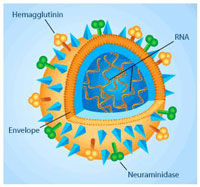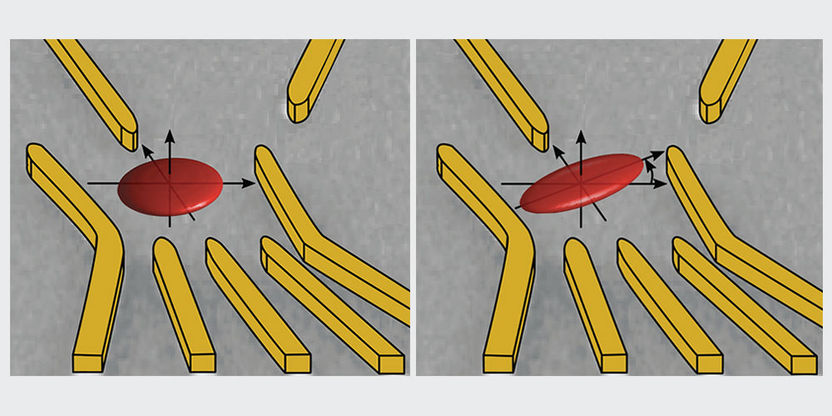Joint research into an enzyme that causes genetic diseases
Researchers from CIC bioGUNE's Structural Biology Unit and Columbia University (New York) have conducted a joint research project, published in Structure, to gain in-depth knowledge of the structure of pyruvate carboxylase when it is in solution (in the "natural" state).
Pyruvate carboxylase is a metabolic enzyme that plays a fundamental role in the metabolism of fatty acids and sugars. When its function is not adequately performed (for example, when mutations in the gene arise) diverse metabolic diseases of genetic origin are triggered, amongst them lactic acidaemia, hypoglycaemia, and psycho-motor retardation. At the same time, being at a metabolic crossroads, pyruvate carboxylase is potentially a target in obesity and diabetes treatments. The paper presents the enzyme's structure under physiological conditions for the first time, and reveals which of the previous models is the correct one.
Mikel Valle, a researcher from CIC bioGUNE's Structural Biology Unit explains that "This is the start of a highly ambitious study which is being carried out at CIC bioGUNE and which aims to discover the functioning of pyruvate carboxylase. This they shall achieve by observing its structure throughout its functional cycle, in the hope of discovering its structure in each of the steps it follows during its functioning."
Topics
Organizations
Other news from the department science

Get the analytics and lab tech industry in your inbox
By submitting this form you agree that LUMITOS AG will send you the newsletter(s) selected above by email. Your data will not be passed on to third parties. Your data will be stored and processed in accordance with our data protection regulations. LUMITOS may contact you by email for the purpose of advertising or market and opinion surveys. You can revoke your consent at any time without giving reasons to LUMITOS AG, Ernst-Augustin-Str. 2, 12489 Berlin, Germany or by e-mail at revoke@lumitos.com with effect for the future. In addition, each email contains a link to unsubscribe from the corresponding newsletter.


























































